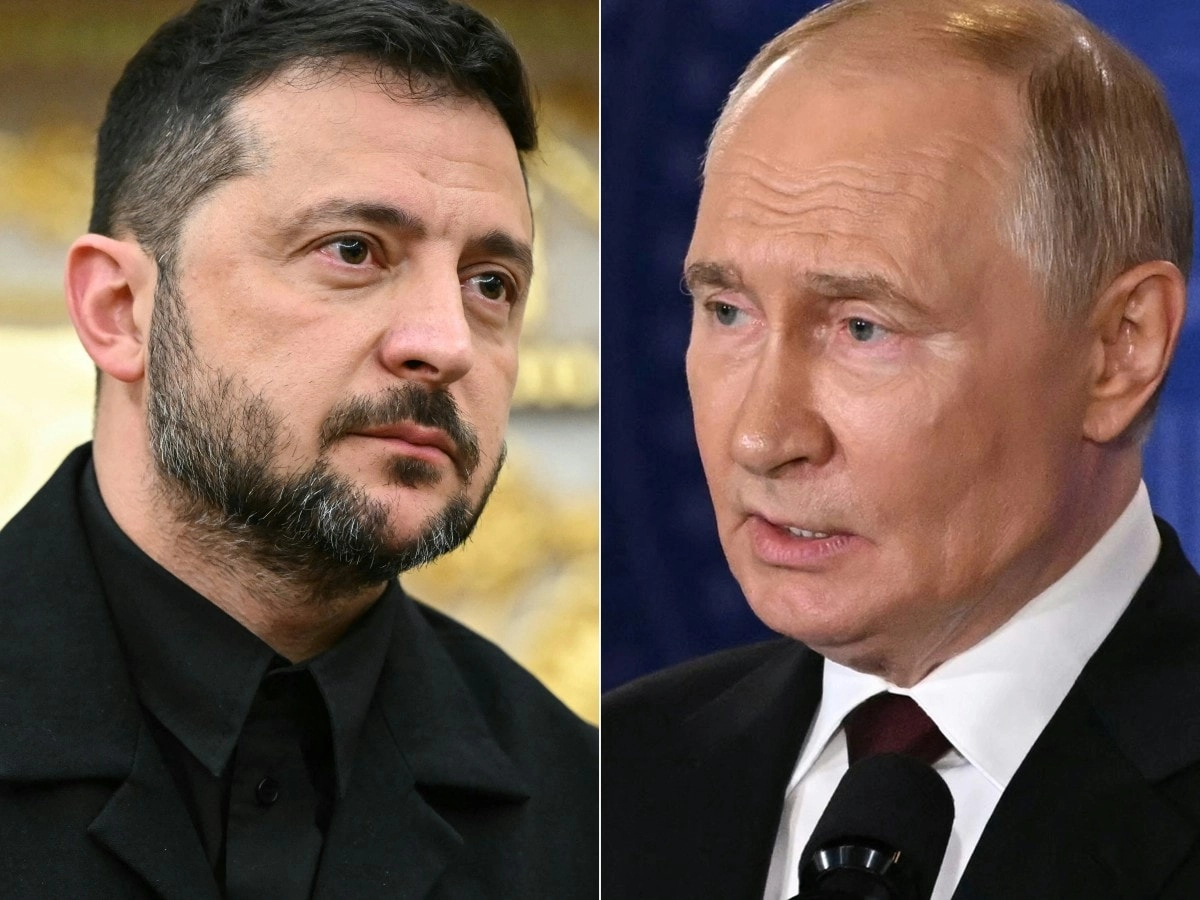Russian President Vladimir Putin has expressed his willingness to engage in direct talks with Ukrainian President Volodymyr Zelensky, signaling a potential shift in the ongoing conflict between the two nations. This announcement comes amid a backdrop of escalating tensions and prolonged military confrontations since Russia’s annexation of Crimea in 2014. The prospect of one-on-one discussions has garnered attention from international observers, who view it as a crucial step towards de-escalation and a possible pathway to peace.
Putin’s readiness to meet with Zelensky reflects a recognition of the complexities and the humanitarian toll of the war, which has resulted in significant casualties and displacement on both sides. By proposing direct dialogue, Putin appears to be opening a channel for diplomatic negotiations that could address the underlying issues fueling the conflict. Analysts speculate that such talks could lead to a ceasefire or even a broader peace agreement if both leaders are willing to compromise on key points of contention.
However, the path to meaningful negotiations remains fraught with challenges. Both leaders have entrenched positions, and past attempts at dialogue have often faltered due to a lack of trust and differing objectives. Zelensky has consistently called for the restoration of Ukraine’s territorial integrity, while Putin’s government seeks to maintain influence over the regions that have been disputed. The international community, particularly Western nations, is closely monitoring these developments, as a successful dialogue could have far-reaching implications for regional stability and international relations.
In conclusion, Putin’s readiness to meet with Zelensky marks a significant development in the protracted Russia-Ukraine conflict. While it opens the door for potential peace talks, the actual implementation of a diplomatic resolution will depend on the willingness of both sides to engage in constructive dialogue and make the necessary concessions. As the situation unfolds, the hope remains that this initiative could lead to a more stable and peaceful future for both nations and help alleviate the suffering of those affected by the ongoing conflict.




